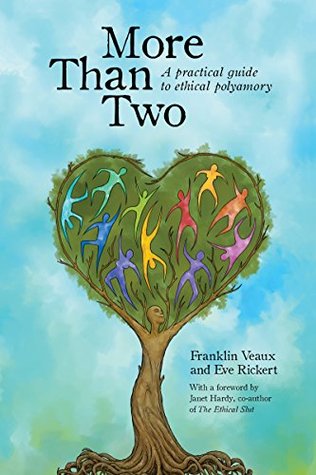More on this book
Community
Kindle Notes & Highlights
Started reading
July 2, 2018
Compassion requires a willingness to hold other people accountable for the things they do, while accepting them for who they are.
We don’t always yell at people who say something we don’t like to hear, but we often forget how many ways we can make it very expensive for people to be honest with us. When we love someone, it’s hard even under the best of circumstances to say something that will make them unhappy. It requires a lot of vulnerability and courage to do that. We expose ourselves emotionally, because our partners’ feelings affect ours. When that vulnerability is met with defensiveness, annoyance, passive-aggressiveness, silence, anger or resentment, honesty becomes damn near impossible.
This kind of communication is not always easy, especially when the jealousy arrives with a heaping side order of shame and doubt. Talking about it, though, can go a long way toward pulling out its fangs. One of the best ways to start addressing our fears in poly relationships is to ask our partners what they value in us…and trust that what they say is true. And if what they say doesn’t stick, ask again. And listen. And keep at it until those things that make us magnificent in our partners’ eyes start to sink in.
Many people in the polyamorous community say that comparisons are poisonous to poly relationships. “Don’t compare one lover to another,” they say. “If you do that, you’ll breed insecurity.” We’d like to suggest, perhaps counterintuitively, this is not necessarily so. Some comparisons are damaging. “Raj is better in bed than Franco is,” for example, or perhaps “Bridget is hotter than Zoe.” But there’s a different kind of comparison, and that is noticing differences in a way that helps you remain aware of what makes everyone unique. That kind of comparison, which is more about treasuring the
...more
Am


